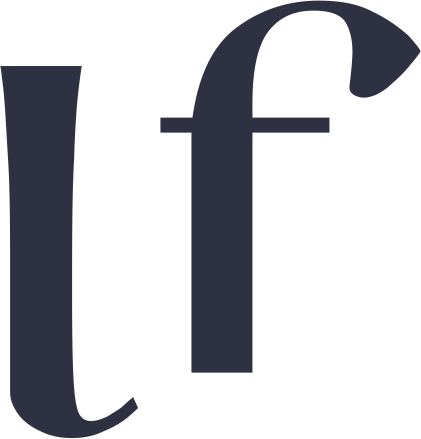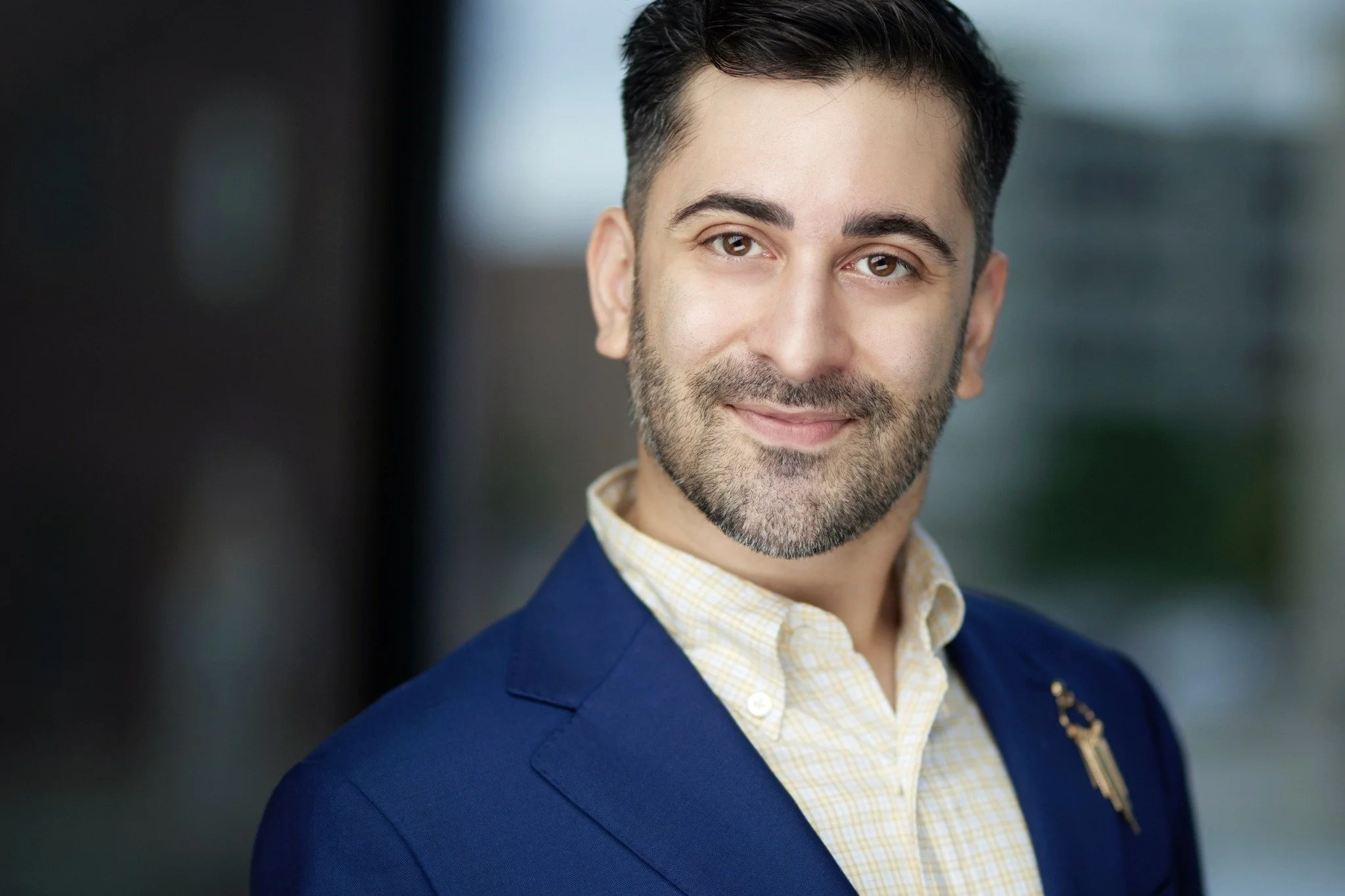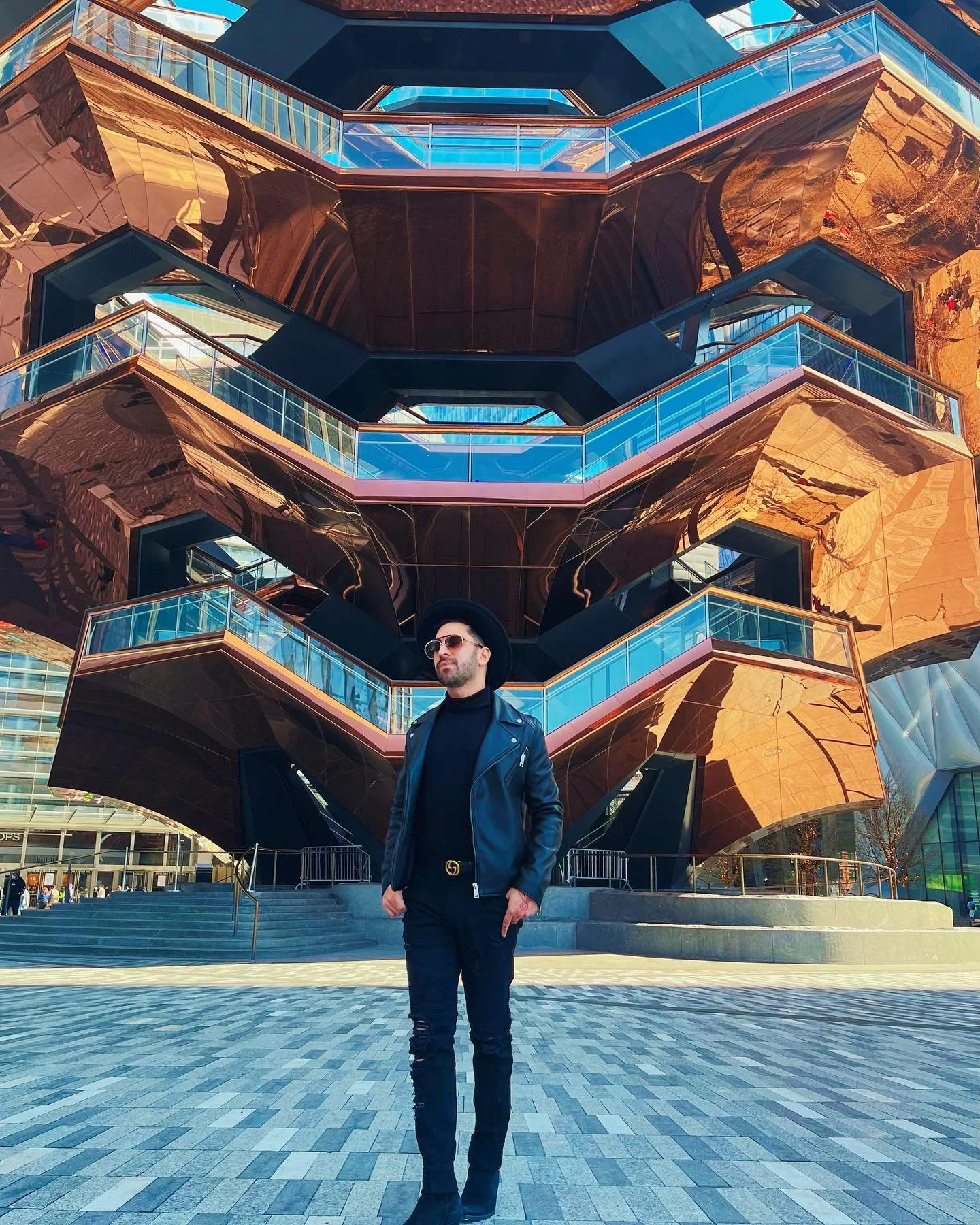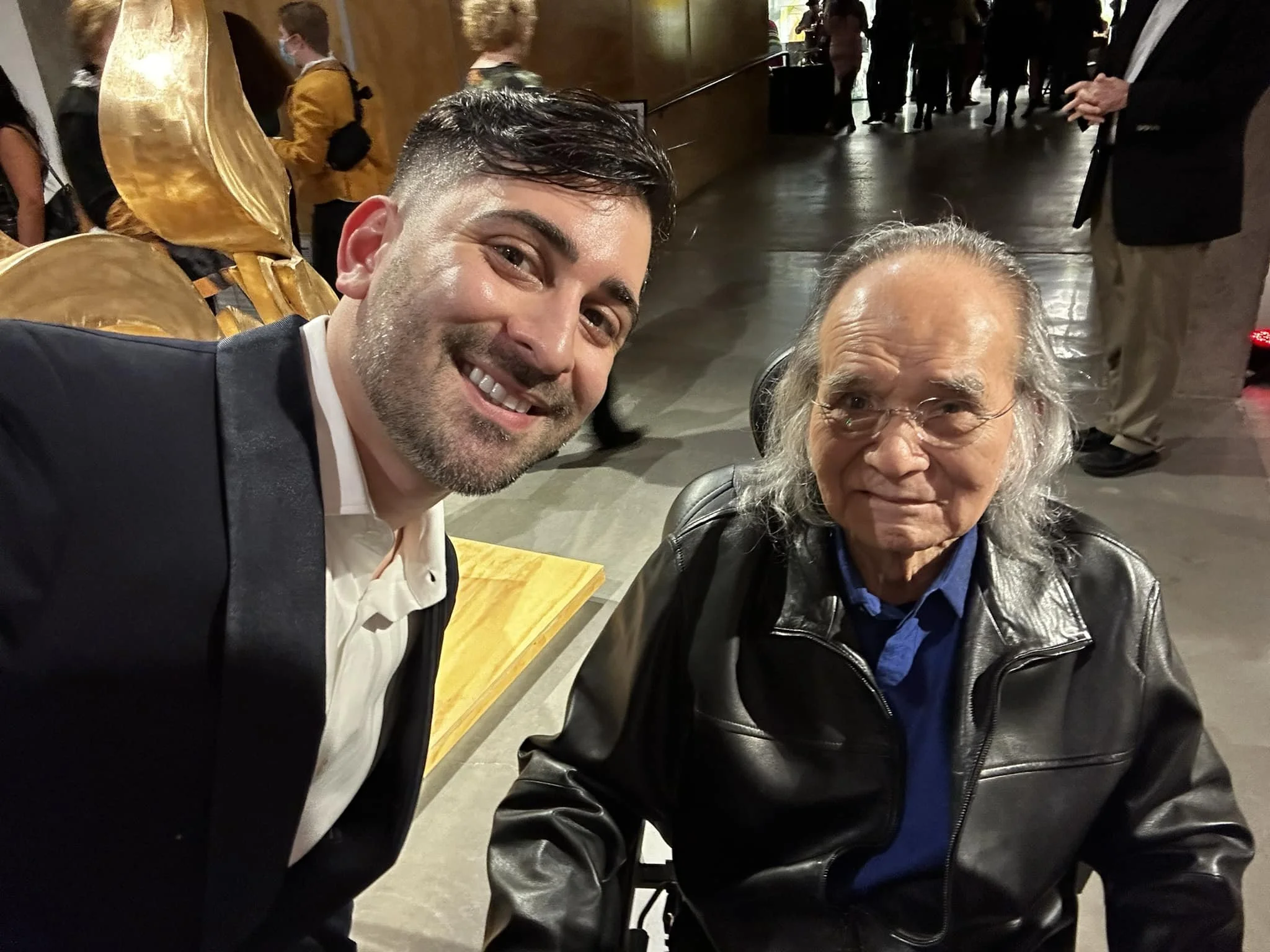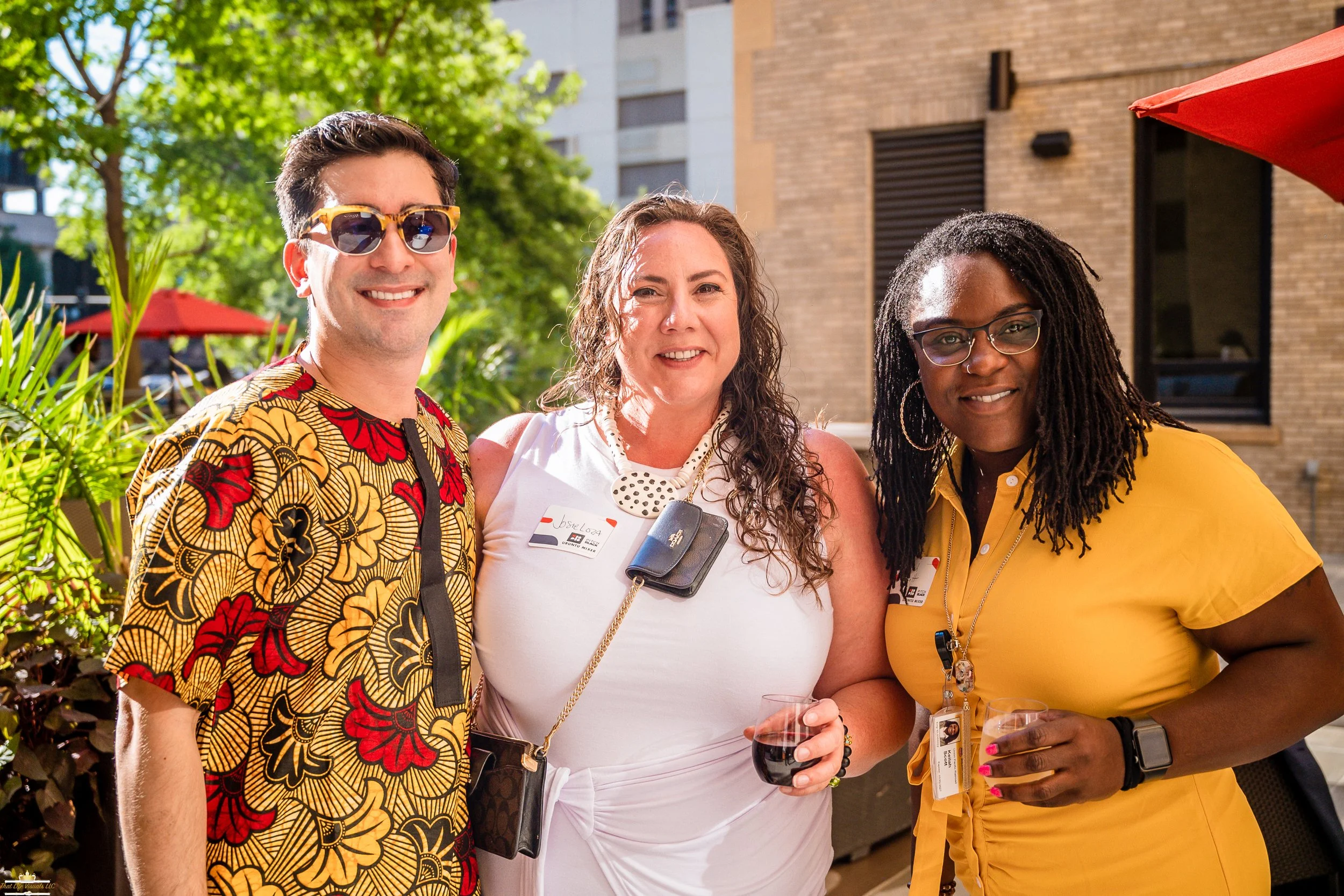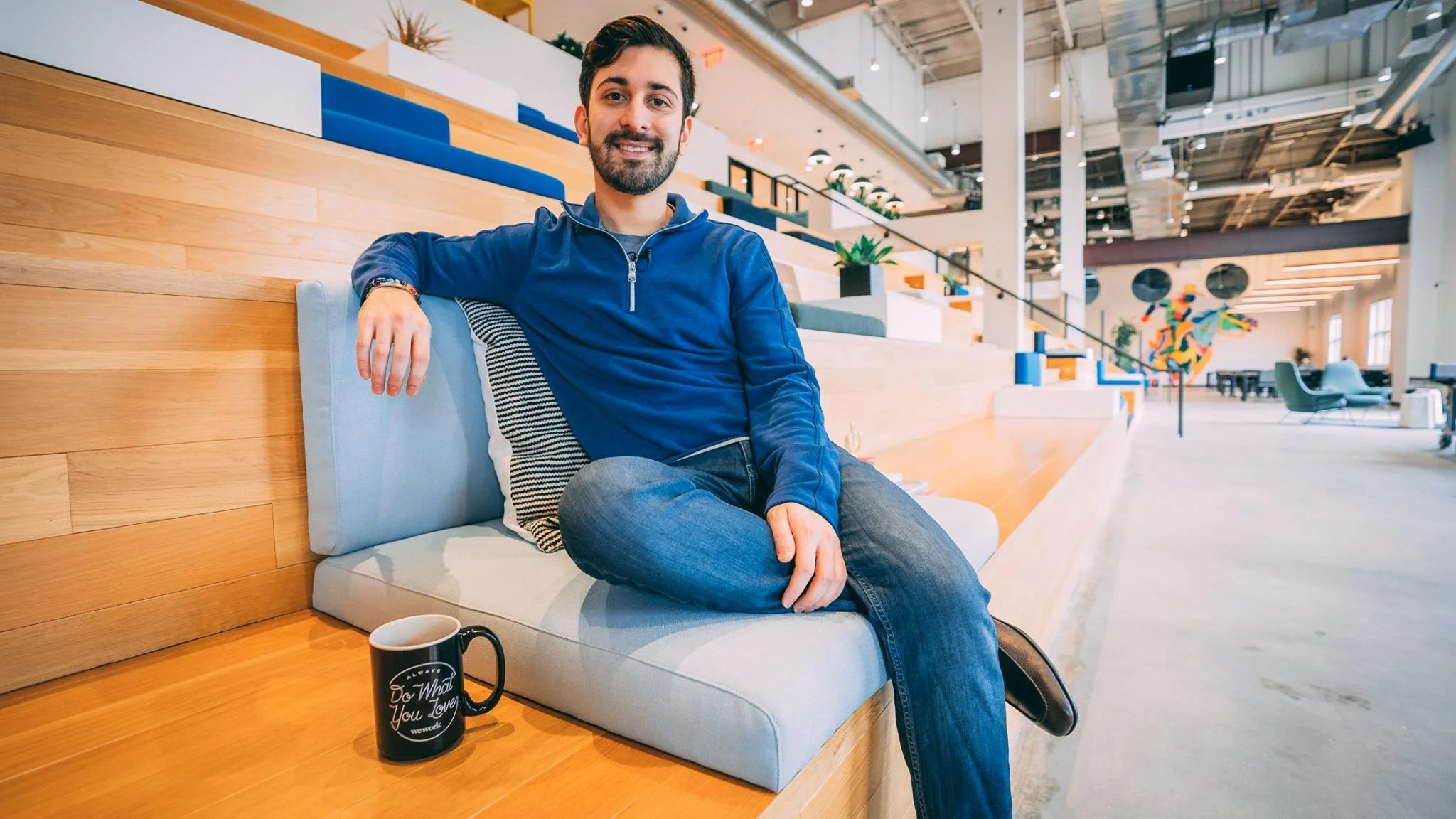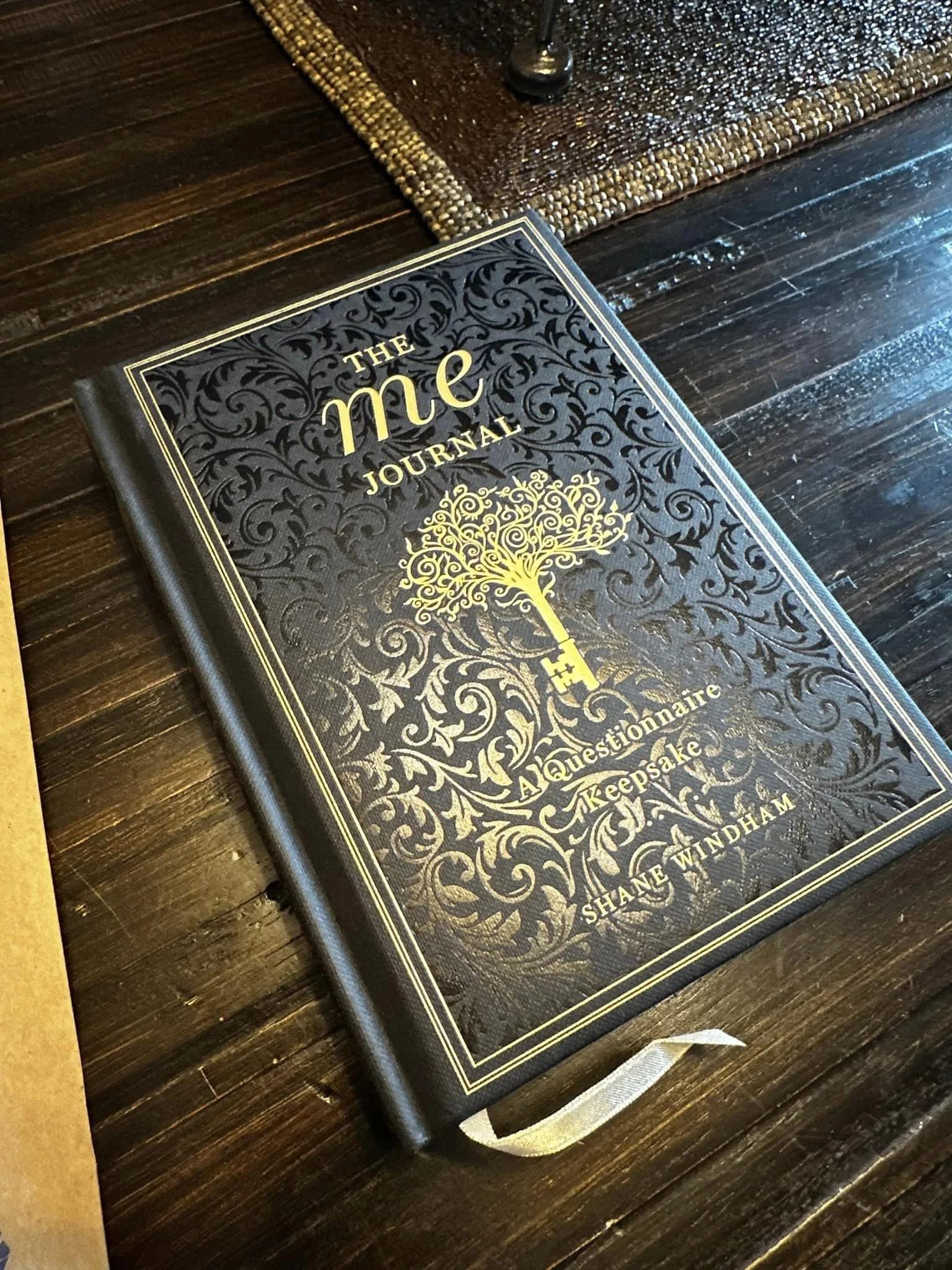Dr. Hamza Haqqi shares 5 things he can’t live without
MY FIVE: A series where we ask Omahans to share their five favorite things
Courtesy Photo: Omaha Headshot Company
The office is dim and serene. Soft music plays in the background. As you walk into Dr. Hamza Haqqi’s office you’re met with incredible artworks and world pieces that contribute to the state of tranquility he built in his workspace.
Each piece. Each portrait. Each painting has its place, Haqqi explained. He’s likely to switch the layout around, and often, to constantly give a fresh perspective.
Dr. Haqqi believes in the powerful combination of meditation, mindfulness, and holistic educational instruction. In fact, it’s how he focuses on curriculum, instruction writing, and grant writing as the founder of Learnza, LLC.
Dr. Haqqi received his doctorate from Baylor University School of Education, where his thesis studied the impact of motivational coaching on students. Soon after, he established Learnza, which provides standardized test preparation, career advice, and corporate team-building activities to young people and corporate groups. Additionally, Dr. Haqqi is the Grants Manager at No More Empty Pots, a community advocate for nutrition, food insecurity, and community collaboration.
As a Muslim scholar and educator, Dr. Haqqi knows there are many barriers to overcome and finds it important to highlight BIPOC, refugee, and immigrant voices in the Omaha community. We asked him to share five things he can’t live without, and this is what he said…
At the end of the day, I’m always grateful for the skills that I’ve earned and learned.
- Dr. Hamza Haqqi
1. Gratitude.
I’m grateful for where I’m at, and I acknowledge that not just daily but multiple times throughout the day. As you get older, things add and become more relevant in your life; situations change, people change, and relationships change. You forget about your wants and needs once you have them.
When you work in non-profit work, there are many underlying values for what we do. At the end of the day, I’m always grateful for the skills that I’ve earned and learned. I’m grateful for the little things, such as being able to shop at a grocery store, driving a car, and having a warm office. I’m always reflective of the gratitude that I have for myself first and for the work that I do.
“I love contemporary art, so once a month, I’ll go to the Bemis or Kaneko Art Museum. Although I’m not artistically inclined, I’m able to enjoy the art community because it’s how I disconnect from work.”
Dr. Haqqi and Artist Jun Kaneko
2. Art.
Aesthetics are very important to me. I find it really important that your space has value, but you have to give your space a purpose. I’m constantly rearranging, reevaluating, and decluttering my office. Art is an expression, that being an outfit or pieces in my office.
Everything in my office has a purpose. It has a story of its journey here, what it took to where it needs to be, and a final destination. I love contemporary art, so once a month, I’ll go to the Bemis or Kaneko Art Museum. Although I’m not artistically inclined, I’m able to enjoy the art community because it’s how I disconnect from work.
“We can do good work in our community, but if we’re not gathering and coming together to celebrate those, what was the point of anything if you weren’t able to come together to express and be in that space together?”
3. Community.
I can’t really live without community gatherings, the “togetherness” aspect. There are so many ways we gather; we gather to celebrate, grieve, share a meal, etc. Our community events are what keep my non-profit work important and growing.
We can do good work in our community, but if we’re not gathering and coming together to celebrate those, what was the point of anything if you weren’t able to come together to express and be in that space together?
4. Nutrition.
I think that “You are what you eat” is a very simple metaphor that’s not really well understood. We consume what we experience culturally, but our relationship with food changes dramatically as we grow older. I’ve been privileged enough to know the importance of nutrition and how it manifests in every part of who we are.
I feel that through my role working at No More Empty Pots, I’m able to fulfill a gap that we have in society, and that’s education on nutrition and food insecurity. I can’t live without nutrition because it’s part of my job identity and mantra with everything I do.
In his collection…
The Me Journal encourages you to write your unique stories, thoughts, opinions, hopes, and dreams.
5. Storytelling.
The art of being able to tell your story, regardless of what it is, is special. I can’t live without hearing someone’s story, nor can I live without telling my story. There isn’t anyone you wouldn’t love in this world if you didn’t know their story. I love how storytelling humanizes us. You can enjoy someone sharing their story, and if you can help share that story, it can help empower so many different components and build connections.
Sharing and caring are beautiful because there are so many people that don’t get those options. I want to use my resources to help people that might not have the luxury to tell their stories.
Xitlally Velasco is a University of Nebraska at Omaha journalism student with a concentration in public relations and advertising and a minor in Psychology.
Velasco is the Marketing and Public Relations Digital Content Curator at Lozafina.

